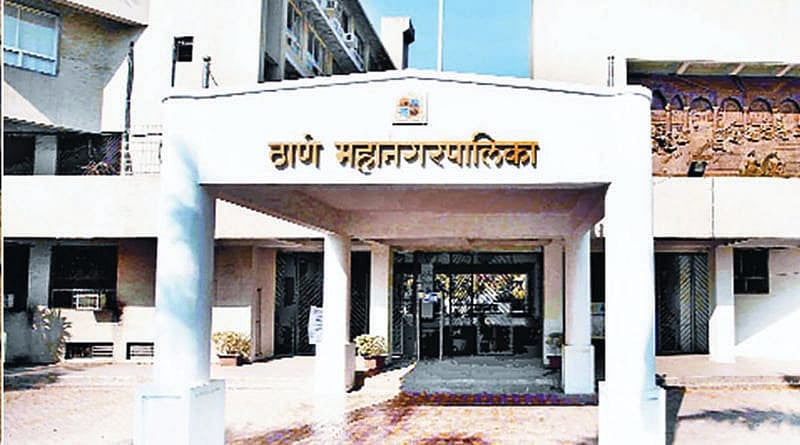‘’There are some people whose voices ring out across the centuries, who, even after they have gone, possess a strange ability to still be effortlessly here. Bessie’s voice has that quality. Unsettled most of her life, she still unsettles. ‘’ says Jackie Kay in her book ‘Bessie Smith’ and I’d say truer words were never spoken! Imagine asking Bessie Smith, the ‘Empress of Blues’, about anything that is going on today. Be it Coronavirus, ‘The black lives matter’ movement or ‘The Me too’ movement, the refugee crisis or even sexual abuse, you would find her answers in her blues narratives. Bessie’s blues is current, its truly timeless. You can match today’s struggles and anxieties to her blues and that is why she is one of a kind. Pioneers don’t just lead the way in their own time but they keep reflecting and refracting our time.
According to the date on her marriage certificate, Bessie was born in Chattanooga, Tennessee on 15 April 1894. Bessie’s father William Smith, a labourer and part-time Baptist passed away when she was just an infant and her mother Laura died when Bessie was only a 9 year old. Bessie was raised by her older sister Viola and was unable to gain an education with the given situation.
Smith grew up in poverty and obscurity and truly experienced a wretched childhood. In order to make ends meet, Bessie and her brother Andrew started busking on the streets of Chattanooga. She sang and danced as he played the guitar. They often performed on street corners for pennies, and their habitual location was in front of the White Elephant Saloon, in the heart of the city's African-American community. (It is also said that she may have made a first public appearance at the age of eight or nine at the Ivory Theatre in her hometown.) Her life began to change when she joined Ma Rainey’s traveling theatre. Bessie’s elder brother Clarence made her audition for the Stokes troupe and Bessie got a job as a dancer and not a singer as Ma Rainey, the most popular blues singer of the time was leading the troupe already. Well we don’t know if Smith got her lessons from Ma Rainey but Ma likely helped her develop a stage presence. Smith eventually moved on to performing in chorus lines. (Chorus lines means a large group of dancers who together dance and sing the synchronized routines in musical theatre.)
For several years Smith travelled through the South singing in tent shows and bars and theatres in small towns and in such cities as Birmingham, Alabama; Memphis and Tennessee. After 1920 she made her home in Philadelphia, and it was there that she was first heard by Clarence Williams, a representative of Columbia Records. The legendary blues singer Mamie Smith’s ‘Crazy Blues’ album had sold over 1 million copies in America, making the record labels- who were mostly reluctant to launch the black artists- exclusively search for the black female singers.
In 1923 Bessie made her first recordings, including the famous “Down Hearted Blues,” which became an enormous success, selling more than two million copies! She made 160 recordings in all, in many of which she was accompanied by some of the greatest jazz musicians of the time. Bessie’s subject matter was the classic material of the blues: poverty and oppression, love. She told no lies, her voice was purely authentic. Her stories were urgent, fun yet mostly melancholic. (For instance, in her song ‘Kitchen man’ she whines about losing her Kitchen man, his jelly rolls and his donuts. That was just Bessie’s way of missing her love! The song is not about the food indeed, it just shows Bessie’s unique way of portraying the melancholy of her life in her music! You may call it dirty while others call it pure blues!)
Her blues sought the truth in all its multiplicity – the hardest, the toughest, the rarest, the supernatural truth. She was known for her rich contralto voice and her breathtaking emotional intensity. She was a bold, supremely confident artist who often disdained the use of a microphone and whose blues expressed the frustrations and hopes of a whole generation of Black Americans. By the time Bessie left Ma Rainey’s tent shows she had become a popular name in the world of blues. She became a headliner on the T.O.B.A. circuit. (Theatre Owners Booking Association) and the highest-paid black singer of her time and began traveling in her own railroad car which was about 72 foot long! Columbia's publicity department nicknamed her "Queen of the Blues", but the national press soon upgraded her title to "Empress of the Blues" which she deserved by all means. Despite her success, Bessie was considered as a rough woman (a low class woman) by her both, black and white, admirers. She was dismissed by the Black Swan Records because she was too ‘coarse’ and ‘rough’, more than Mamie Smith, though Bessie had a unique, contralto voice. She had a deep range to hit the lower notes and everything that she’d been through only made the pains and the lamentation in her blues so alive. More about this legendary blues woman and her personal life in the next one..




